Sports should be gateway to all-around development, Chengdu Declaration says
Universities around the world are encouraged to promote the coexistence, common prosperity and development of university sports so that they can drive human development and safeguard world peace, according to the Chengdu Declaration.
The declaration was announced at the Chengdu FISU World Conference, which was held on the sidelines of the ongoing Chengdu FISU World University Games.
The conference, themed "University Sports: Embracing a Colorful World", was held from Saturday to Monday in Chengdu, Sichuan province, attracting more than 530 experts and scholars from 30 countries and regions.
The declaration proposed that universities around the world shoulder the responsibility for the all-around development of their students, continuously improve their physical and mental health, and encourage them to embrace outstanding qualities such as courage, tenacity and the willingness to constantly challenge themselves and excel.
University sports development will benefit every country and region, every university and every student, the declaration said.
It encourages all countries to be participants, contributors and beneficiaries of university sports, and to ensure that high-quality university sports resources benefit young people worldwide.
Scientific and technological innovation is the core driving force of university sports development, and the digital transformation of university sports is a modern necessity, the declaration added.
Chinese Minister of Education Huai Jinpeng said that universities have served as the beacons and spiritual homes of human civilization.
In the process of university modernization, university sports — with their role in improving physical health, shaping personalities, strengthening willpower, stimulating potential and promoting people's all-around development — are key, Huai said at the conference, adding that it is now an integral part of university education.
He stressed that universities must continue to help develop students' morality, intellectual abilities, physical vigor, aesthetic sensibilities and work skills.
Physical education courses serve as the engine of university sports. Efforts have been made to build a functional and updated course system with both compulsory and selective classes, as well as extracurricular programs, he said.
The Chinese government adheres to the principle of "sports for all" and has consistently worked to improve the university sports competition system. On average, more than 100 national university students' sports competitions are held every year in China, involving over 1,000 universities, he said.
Moreover, by strengthening the fusion of sports and education, Chinese universities have strongly contributed to the success of their athletes. The Chinese delegation to the Tokyo 2020 Olympic Games had 252 student-athletes from 72 Chinese universities, of which 48 won gold medals, 32 won silver and 15 won bronze, he said.
China has been deeply engaged in international university sports events and has hosted FISU Games several times, making significant contributions to the development of international university sports, he said.
"We promote international exchanges of university sports and actively participate in global university sports education. We see university sports as an essential sector in China's high-level people-to-people exchanges mechanism," he said.
"Chinese youth deem sports and cultures as bridges to enhance mutual understanding, communication and friendships with their peers worldwide."
As the nation with the world's largest higher education system, China will pay more attention to the growth of university sports both domestically and globally, which will contribute to the common goal of promoting international peace and development, he added.








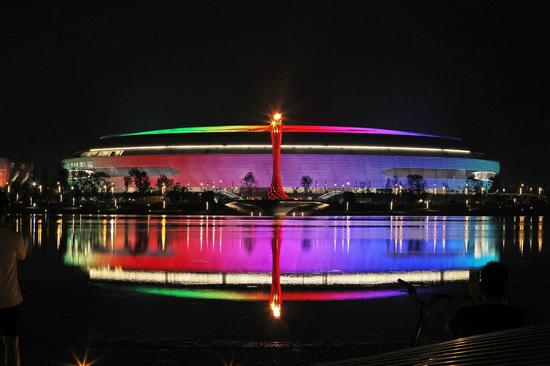

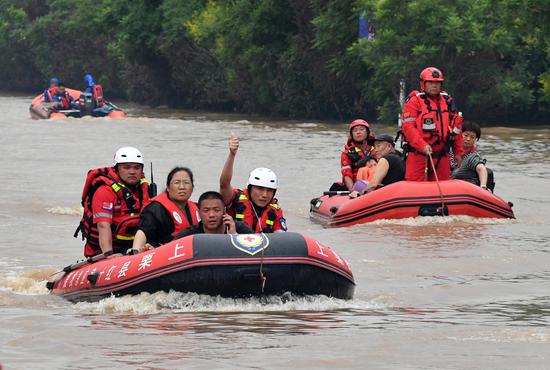
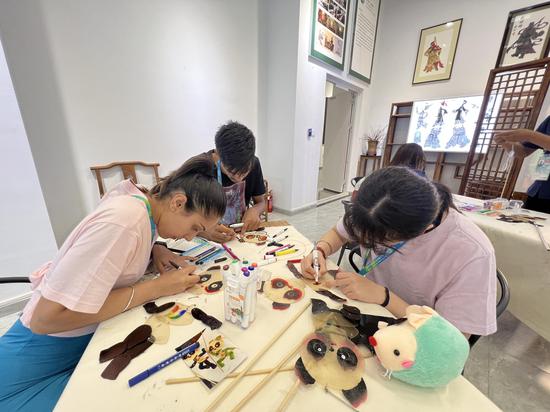

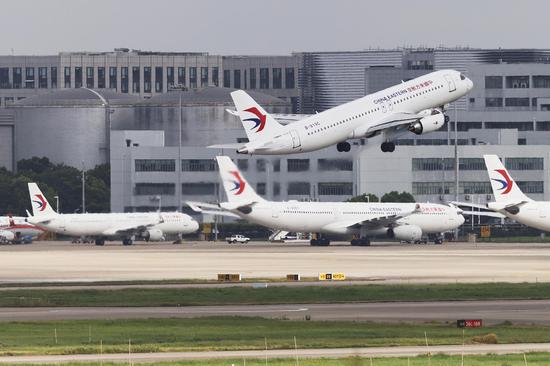

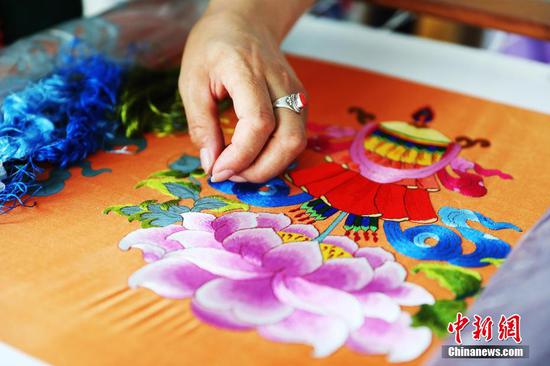





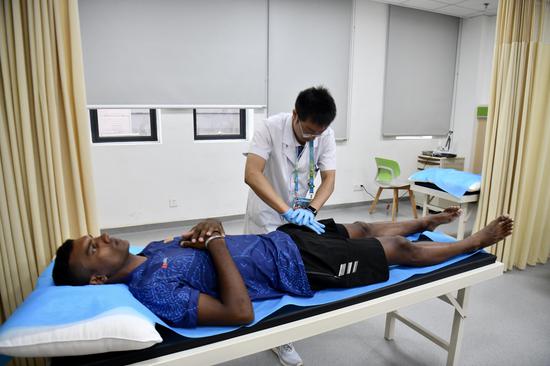
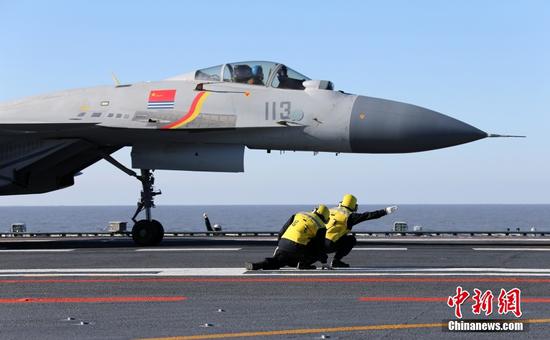
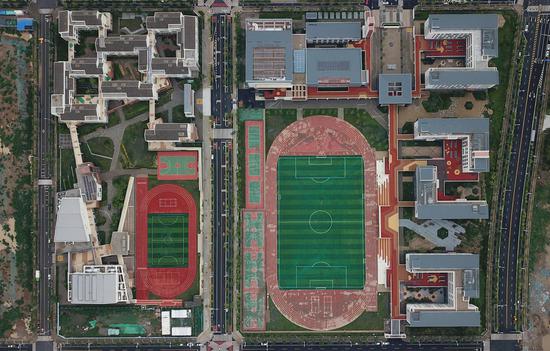



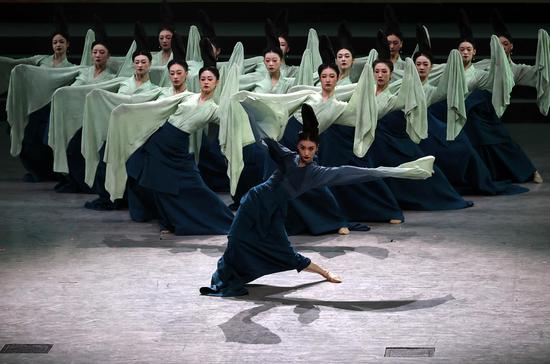
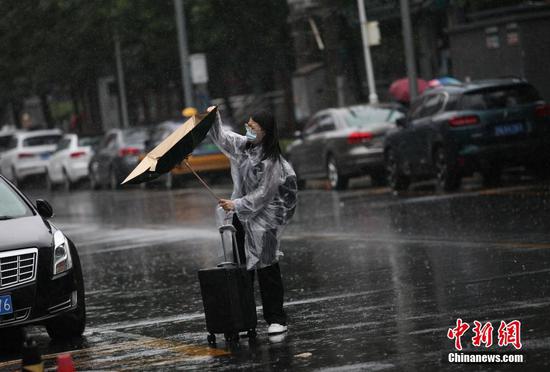


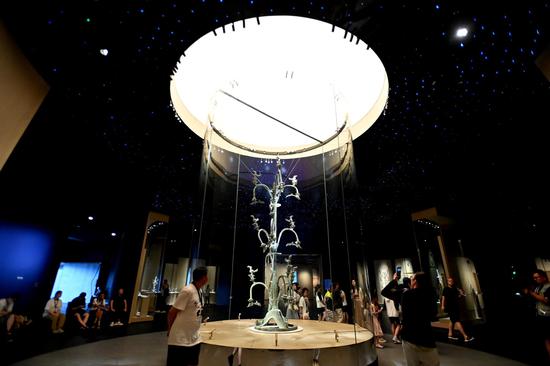
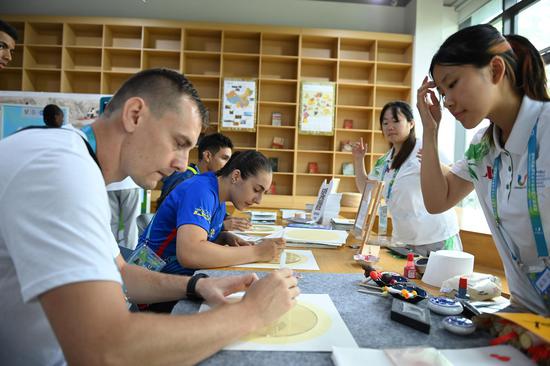
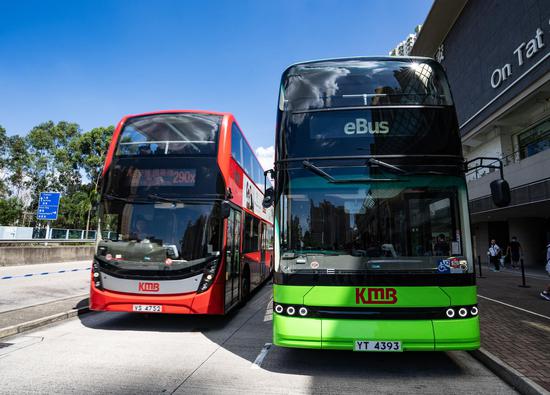
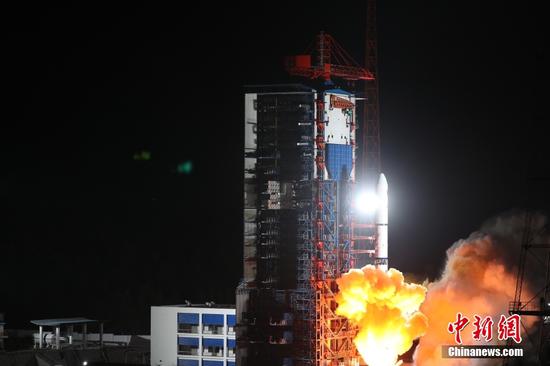
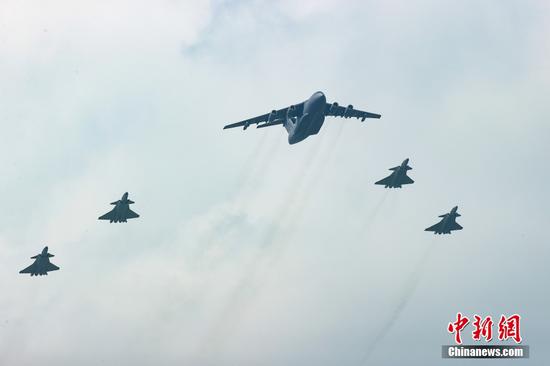
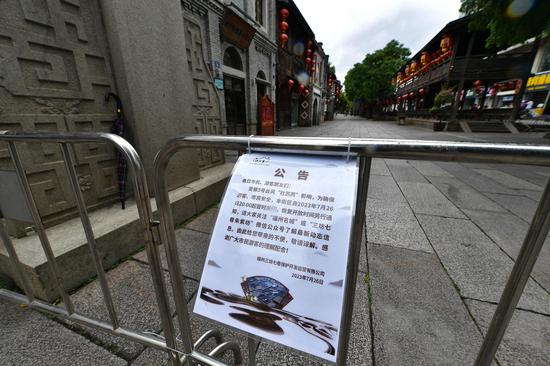



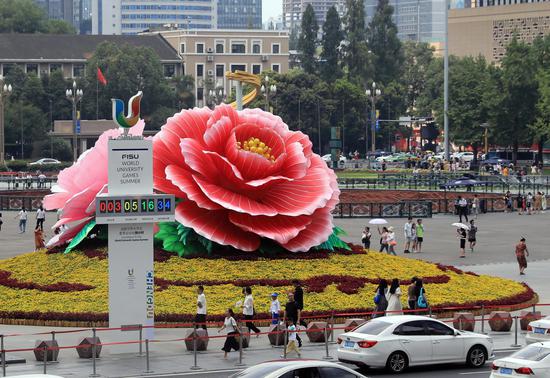

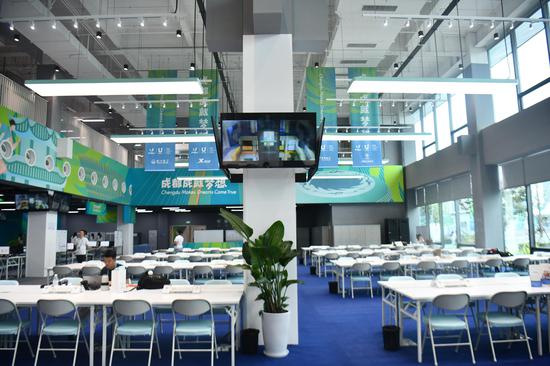
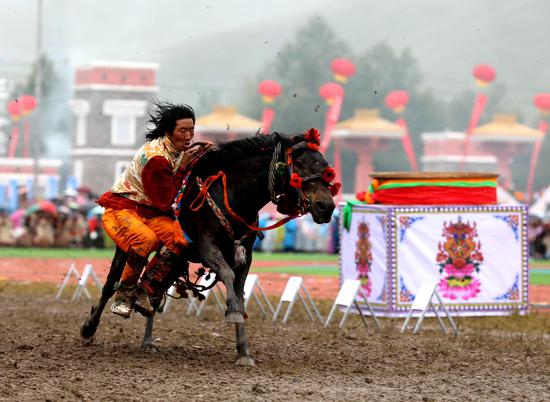






 京公网安备 11010202009201号
京公网安备 11010202009201号